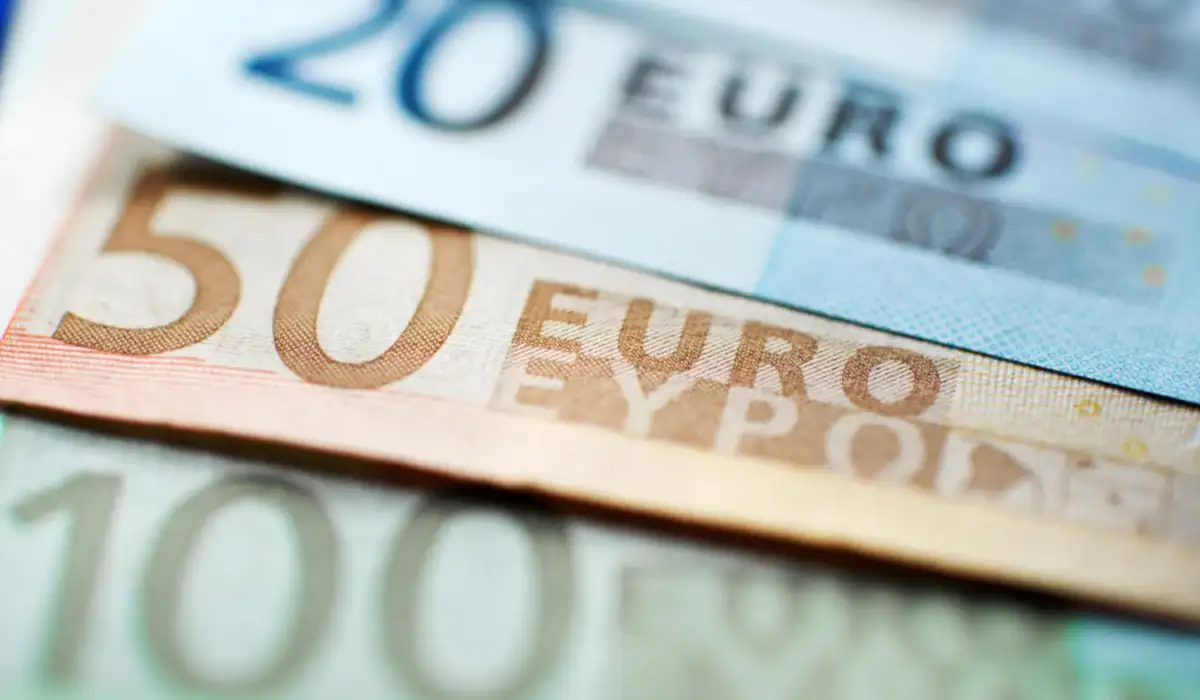The Euro Day is a yearly event marking the inception and importance of the Euro, which serves as the formal currency for most participating states of the European Union. The principal objective of this day is to reflect on the influence the Euro has exerted on the economic unity and stability throughout Europe.
Euro Day allows for a deeper comprehension of how the usage of the Euro aids in encouraging commerce, travel, and unity among the distinct countries that form the Eurozone.
History of Euro Day
Euro Day is a celebration of the unifying power and representation of the euro currency in the economic and political sphere of the European Union (EU).
The journey of the euro began in 1957 with the signing of the Treaty of Rome, forming the European Economic Community (EEC), which subsequently expanded into the European Union. The vision of a single, shared monetary unit became a serious point of discussion in the late 60s and early 70s.
It wasn’t until the Maastricht Treaty was signed on February 7th, 1992, that the European Union was officially created, with the move towards the introduction of a single currency solidified. In December 1995, the name “euro” was formally recognized.
The euro currency took its first steps as a virtual entity for banking and financial transactions on January 1, 1999, with eleven EU nations initially participating. These included Austria, Belgium, Finland, France, Germany, Ireland, Italy, Luxembourg, the Netherlands, Portugal, and Spain, with Greece joining their ranks a little later.
Physical euro banknotes and coins however, only saw daylight on January 1, 2002, an occasion frequently known as “Euro Day.” This was the day the euro was made legal tender in the participating countries. This major monetary change was one of the largest in history.
As the years passed, more EU countries joined in adopting the euro, making it presently the official currency of 20 out of the 27 EU member nations. Since then, it has claimed the title as the second most heavily traded currency globally, right behind the US dollar.
Euro Day is seen as a day to commemorate this symbol of European cohesion and partnership, although it’s not an official public holiday and is substantially recognized by economists and policy-makers rather than by widespread public activities.
Euro Day Timeline
Treaty of Rome
The Treaty of Rome establishes the European Economic Community, the first major step in European integration.
Maastricht Treaty
This treaty established the European Union and laid the groundwork for a single European currency.
Establishment of the European Central Bank
The European Central Bank was established in Frankfurt, Germany to oversee the euro.
Introduction of the Euro
The Euro was introduced to financial markets as an electronic currency for banking and financial transactions.
Euro banknotes and coins
Physical banknotes and coins of Euro were launched in 12 member states of the European Union.
Current Euro Day
People across the European Union celebrate the Euro Day, symbolizing a step towards European unification and economic stability.
Ideas to Celebrate Euro Day
Historical Presentation
Arrange a presentation that traces the history of the Euro. Highlight key milestones, struggles, and the current status of Euro. Invite experts who can share more detailed, accurate, and interesting stories about the development of Euro currency across Europe.
Quiz Competition
A competition about the Euro and European Union can ignite interest amongst attendees. Cover questions from a variety of topics such as important events, significance of Euro, symbols and meanings, countries using the Euro, etc. Offer prizes related to European cultures as rewards for winners, such as a bottle of French wine or a book about European history.
European Film Screening
Host a film screening showcasing movies from different European countries. This will not only entertain but also give a glimpse of cultures, languages, and ways of life in countries of the European Union.
Eco-Euro Awareness Program
Conduct a session about the environmental policies and steps taken by European Union to address climate change. This would promote better understanding of the Eco-Euro movement and encourage discussions on how to support sustainable living.
6 Interesting Facts About the Euro
Youngest Global Currency
The Euro, which was inaugurated on the first day of 1999, stands as the globe's second most substantial and frequently circulated currency, with the United States dollar securing the top position.
Symbol Origin
Depicting the Greek letter epsilon, the Euro symbol € is a tribute to Greece, the cradle of European civilization. Its dual parallel lines reflect the concept of stability.
No Euro for Microstates
Interestingly, European microstates like Andorra, Vatican City, Monaco, and San Marino were initially prohibited from implementing the Euro as their official currency. However, they are currently permitted to use the Euro under a special agreement with the EU.
Blind friendly Euro banknotes
The design and concept of Euro banknotes are considerate towards the blind, offering easy recognition through varying sizes, colors and designs, alongside the inclusion of tactile features.
Coin Personalization
Euro coins bear distinctive designs: one side, agreed upon by the EU, presents a depiction of Europe on a globe or a EU nation assembly, while its counterpart side, decided by the respective nation, showcases a unique design.
Eurozone Expansion
Initially comprising 11 nations, the Eurozone has progressively grown and today includes 20 out of the 27 member countries of the EU.
Euro Day FAQs
Next Euro Day Dates
| Year | Date | Day |
|---|---|---|
| 2023 | January 1st | Sunday |
| 2024 | January 1st | Monday |
| 2025 | January 1st | Wednesday |
| 2026 | January 1st | Thursday |
| 2027 | January 1st | Friday |
| What is the pattern? | Every January 1st | |
Euro Day Word Search
- Euro
- Currency
- Unity
- Economy
- Stability
- Eurozone
